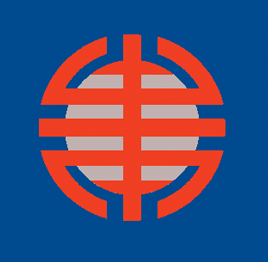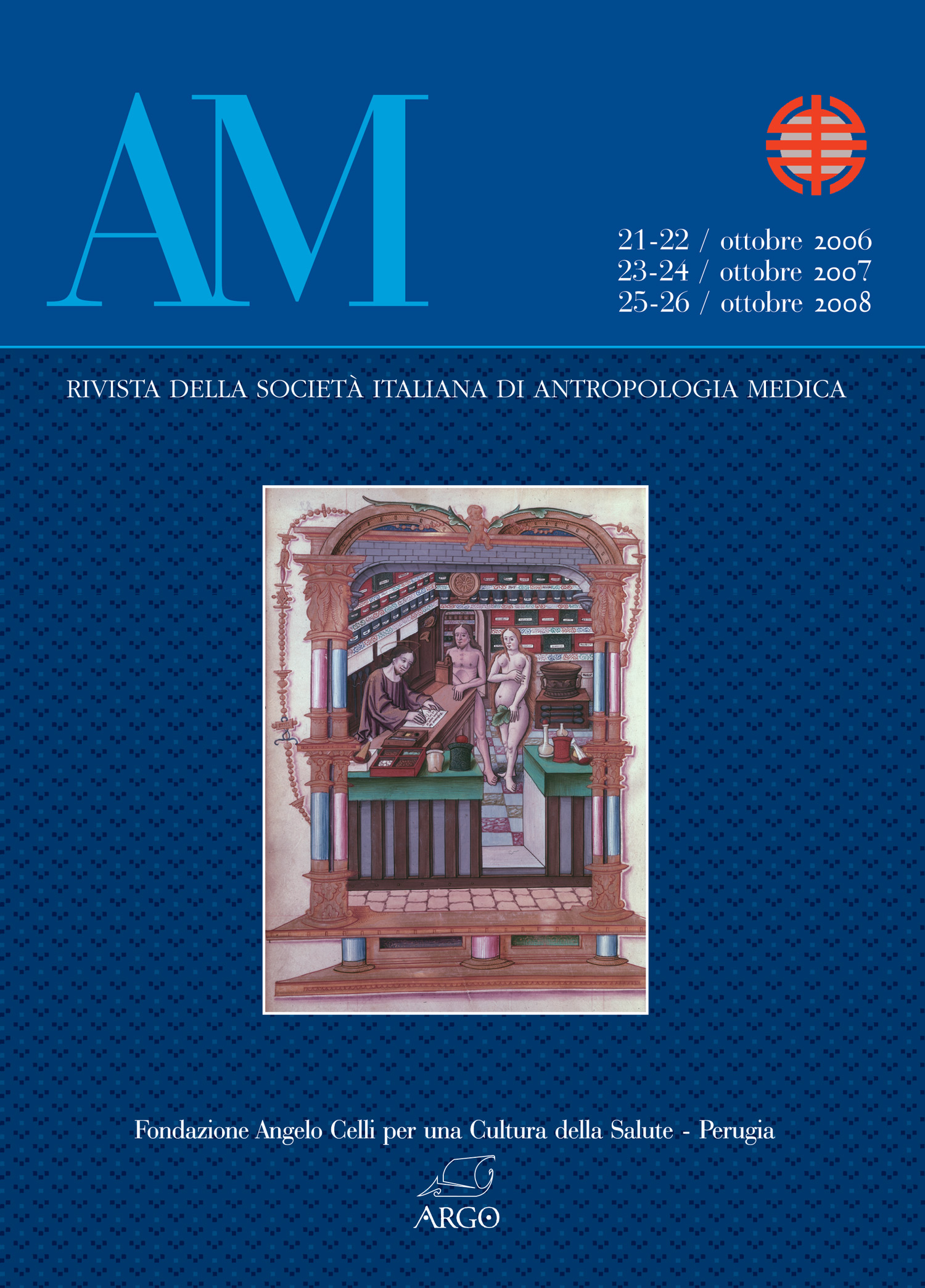Abstract
Hikikomori, subversive bodies in voluntary imprisonment
The word Hikikomori means “shutting oneself away, withdrawing” and concerns over one million Japanese youths, mostly males, who for no apparent reason lock themselves away in their room and remain there uninterruptedly for very long periods of time, sometimes years. Contrary to many other forms of adolescent unease present in Japan and around the world, Hikikomori youths go even further, as their withdrawal represents total refusal: they drop out of school, but also abandon their friends, they interrupt all types of communication (even technological) thus passing very long periods of time in a sort of voluntary reclusion. Japanese society does not approve of those who fall into Hikikomori as they are considered idlers and often ends up labeling them ill, though it is not a disease. The Hikikomori youth usually begins withdrawal due to the need to rest or also as a reaction to bullying episodes or to the shame of having failed an exam at school; nonetheless spending so much time in that state causes actual pathologies, even serious ones, such as psychosis, phobias, regression and domestic violence, so much so that when rehabilitation begins, it can take up to 10 years for recovery (SAITO Tamaki 1998).
To have a Hikikomori child is considered shameful for a Japanese family, hence it is kept secret and years could go by before a doctor is consulted.
The causes that bring about Hikikomori are many and often conflicting: cultural elements, social pressure, complicated family situations where the father figure, albeit always absent for overwork, affects more than any presence and the mother-child relationship which overflows from its natural boundaries, creating an often irreversible dependency.
Despite an all but reassuring scenario, the interpretation that emerges here is that of bodies, subversive bodies, which through their voluntary reclusion perform strong actions, causing the contradictions and the obscure sides of every society explode. And it is for this reason that Hikikomori is not a problem to confine only to Japan, but concerns all our children, even if on the other side of the world.
Hikikomori, corpi sovversivi in volontaria reclusione
La parola Hikikomori significa “chiudersi, ritirarsi” e riguarda oltre un milione di giovani giapponesi, la maggior parte di sesso maschile, che in maniera apparentemente non motivata, si chiude nella propria stanza e vi rimane ininterrottamente per lunghi periodi, spesso molti anni. Contrariamente a tante altre forme di forme di disagio adolescenziale presenti in Giappone ed in tutto il mondo, i giovani Hikikomori si spingono oltre, i loro ritiro rappresenta un rifiuto totale: lasciano la scuola, ma abbandonano anche gli amici, interrompono ogni tipo di comunicazione (anche tecnologica) trascorrendo lunghissimi periodi in una sorta di volontaria reclusione.
La società giapponese non approva gli Hikikomori poiché li ritiene fannulloni e spesso finisce per etichettarli come malati, ma non si tratta di malattia. Il giovane Hikikomori spesso comincia il ritiro solo per necessità di risposo o per reazione a episodi di bullismo o ancora per la vergogna di un esame scolastico andato male; ma il trascorrere tanto tempo in quello stato spesso gli procura effettivamente patologie anche gravi come psicosi, fobie, regressioni e violenza domestica, tanto che quando si intraprende la terapia di riabilitazione a volte sono necessari anche 10 anni per il recupero (SAITOTamaki 1998).
Avere un figlio Hikikomori, rappresenta per una famiglia giapponese una vergogna e così si mantiene il fatto segreto e passano anche anni prima che venga interpellato un medico.
Le cause che provocano Hikikomori sono tante e spesso conflittuali: elementi culturali, pressione sociale, situazioni famigliari complicate dove la figura del padre, anche se sempre assente per superlavoro, influisce più di qualsiasi presenza e il legame madre-figlio che deborda da suoi naturali confini creando una dipendenza spesso irreversibile.
Nonostante uno scenario tutt’altro che tranquillizzante, la chiave di lettura che si vuole fare emergere è quella di corpi, corpi sovversivi, che attraverso la loro volontaria reclusione compiono azioni forti, facendo esplodere le contraddizioni e i lati oscuri di ogni società. Ed è per questo che Hikikomori non rappresenta un


